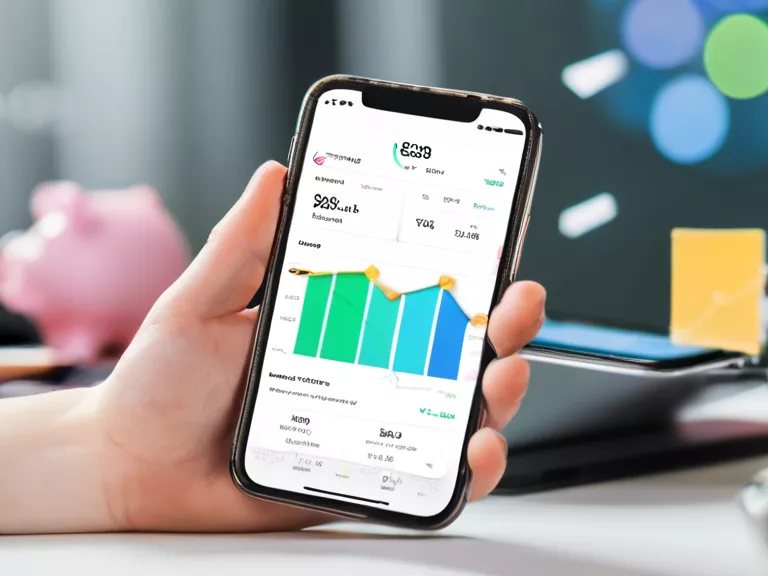
In a world where data privacy is increasingly becoming a concern for individuals, the rise of privacy-focused messaging apps is gaining traction. This shift in consumer behavior is driven by several key factors that are pushing people towards apps that prioritize security and safeguarding user data. From end-to-end encryption to enhanced privacy features, these apps are reshaping the way we communicate online.
One of the main drivers behind the surge in demand for privacy-focused messaging apps is the growing awareness of data breaches and cyber threats. With high-profile incidents of data breaches making headlines, consumers are becoming more cautious about the security of their personal information. This has led to a shift towards apps that offer greater security measures to protect user data from falling into the wrong hands.
Another factor fueling the demand for privacy-focused messaging apps is the increasing scrutiny of tech companies and their data handling practices. With concerns about data collection and targeted advertising on the rise, consumers are seeking alternative messaging platforms that prioritize user privacy. This has created an opportunity for privacy-focused apps to gain market share by appealing to users who are looking for a more secure and private messaging experience.
Moreover, the rise of privacy regulations such as the GDPR and California Consumer Privacy Act has also played a role in driving demand for privacy-focused messaging apps. These regulations have put greater emphasis on transparency and consent when it comes to handling user data, forcing companies to rethink their data practices. As a result, consumers are turning to messaging apps that prioritize privacy and adhere to strict data protection standards.
Overall, the growing demand for privacy-focused messaging apps can be attributed to a combination of factors including heightened awareness of data breaches, concerns over data handling practices of tech companies, and the impact of privacy regulations. As more users prioritize security and privacy in their online communications, the popularity of these apps is only expected to increase in the future.



